New parenthood is a time of busy preparation. We read birthing books, outfit the nursery, and take a breastfeeding class before giving birth.
These preparations make sense. We’re readying ourselves for something concrete: a new baby to join our lives. But preparing for less tangible things like our postpartum mental and emotional well-being can be harder.
New parents often focus their pre-baby planning solely on how to keep their infant healthy and happy. And while your baby’s well-being is of utmost importance, it’s important not to neglect yourself during the transition into parenthood, particularly when you’re planning to breastfeed.
The term "self-care" has become common, but caring for yourself during the postpartum period involves more than getting a facial or taking a nap. Attending to the needs of a newborn is a marathon, not a sprint. Quick fixes may make you feel better in the moment, but it’s more important to create lasting self-care practices that will support your mental well-being in the long run.
Think about how you cared for your body during the difficult months of pregnancy (especially if you were pregnant while caring for a toddler!). Perhaps you enlisted your partner to help more around the house, scheduled grocery deliveries, or penciled in an afternoon catnap to combat pregnancy fatigue.
Your body may no longer be growing a baby, but whether you’re breastfeeding or not, it’s nourishing one emotionally, physically, and mentally. Continuing strong self-care practices in the postpartum period gives you the energy to show up for your partner, your friends, and, most importantly, your baby.
Crafting a self-care routine doesn't have to become another thing on your endless to-do list. Making a regular habit of small yet impactful activities can support your mental well-being without taking up more time than you have available.
If you feel yourself dragging, reach for a bottle of water instead of another cup of coffee. Staying hydrated is proven to reduce symptoms of depression and may help with anxiety. Breastfeeding parents need about 16 cups of water a day, so keep a full water bottle next to you at all times, and ideally, one you can open with one hand.
It may be challenging to find the time to cook balanced meals during your first few weeks postpartum but try to resist the temptation to fill up on low-nutrition snacks, particularly if you’re feeling low energy. Prepping one-handed snacks—think smoothies, cut fruit or veggies, or hard-boiled eggs—can pack in a lot of nutrition with little extra effort. Breastfeeding parents need about 350 extra calories daily (a significant amount, but more akin to an extra snack than a meal).
Breastfeeding parents may continue taking a multivitamin in the postpartum period, particularly if they are vegetarian and vegan. Vitamins B and D are of particular importance. According to the CDC, lactating individuals have an increased need for iodine and choline, so check out the guidelines.
If you feel yourself dragging, reach for a bottle of water instead of another cup of coffee. Staying hydrated is proven to reduce symptoms of depression and may help with anxiety. Breastfeeding parents need about 16 cups of water a day, so keep a full water bottle next to you at all times, and ideally, one you can open with one hand.
It may be challenging to find the time to cook balanced meals during your first few weeks postpartum but try to resist the temptation to fill up on low-nutrition snacks, particularly if you’re feeling low energy. Prepping one-handed snacks—think smoothies, cut fruit or veggies, or hard-boiled eggs—can pack in a lot of nutrition with little extra effort. Breastfeeding parents need about 350 extra calories daily (a significant amount, but more akin to an extra snack than a meal).
Breastfeeding parents may continue taking a multivitamin in the postpartum period, particularly if they are vegetarian and vegan. Vitamins B and D are of particular importance. According to the CDC, lactating individuals have an increased need for iodine and choline, so check out the guidelines.
Vitamin D benefits mental well-being, so if you’re often feeling low, ensure you receive sufficient quantities, either in the form of supplements or outside time in the sun.
Getting sun on your face in the morning can help with your circadian rhythms when you’re sleep deprived. If you live in a chronically unsunny part of the world, consider taking a vitamin D supplement or purchasing a sun lamp to help boost your mood.
Exercise also boosts endorphins, which naturally lift your mood and promote mental wellness. No need to train for a marathon yet—simply strapping your newborn in the stroller or carrier and going on a short walk can support your mental well-being. It’s best to do whatever kind of movement you enjoy. Some postpartum-friendly, baby-friendly activities can include:
(Remember that breastfeeding parents will want to invest in the right size and style of exercise bra to get the proper support and avoid discomfort.)
A weekend away with friends may feel impossible, but chances are you have 10 minutes while breastfeeding to call or text your loved ones. Sometimes, finding a few moments to vent, share your struggles, or simply laugh with a friend can help lighten your mood.
And even if you're by yourself, you might find you benefit from making an effort to smile and laugh. If you're breastfeeding, you're likely spending several hours a day feeding your baby. Use some of this time to treat yourself to something you enjoy, like a standup comedy special by Ali Wong or some hilarious reels about the challenges of feeding toddlers.
If friends or family members live nearby, their help can be a lifeline. Often, these individuals may want to support you during the transition to parenthood but don't know how. Asking for specific support, such as a meal, a babysitter, or even just a listening ear can give you some space for self-care and allow your loved ones to be generous.
If you have trouble vocalizing these requests, you could write out a chore list and put it on the fridge for when visitors ask, "What can I do?"
The first few months with a newborn are probably not the best time to focus on laundry, chores, or that mounting pile of dishes in the sink. Give yourself the grace to get to these tasks eventually. If you can’t seem to take your eyes off the dust on your bookshelves, hire some help if you can.
Another great source of support for breastfeeding parents who may be struggling? Access to evidence-based care from a compassionate and qualified International Board Certified Lactation Consultant (IBCLC). They can help with concerns about supply, how to tell if your baby is getting enough breast milk, dealing with pain or discomfort, sleep challenges, and more.
Lactation consultants can do a lot, and many breastfeeding challenges impact mental well-being, but most IBCLCs are not mental health professionals. If you are struggling, though, they may be able to connect you with appropriate support.
New parents commonly experience mood swings, crying spells, and anxiety in the days following childbirth. Consider sharing your experiences with a medical professional if you:
Although many individuals notice these symptoms exclusively during the early postpartum period, some begin to have symptoms during pregnancy or up to a year postpartum.
If you’re experiencing symptoms of postpartum depression, anxiety, or other mood disorders, talk to a trusted healthcare provider about being screened.
It can feel difficult to share your experience, especially when it doesn’t match what you expected, but you’re not alone. Resources from online support groups to compilations of common postpartum depression symptoms can help normalize your experience and empower you to obtain the support you need.
Nest Collaborative’s IBCLCs do more than just provide lactation support. They also monitor mental wellness through postpartum mental health screenings and provide at-risk individuals with urgent referrals to medical professionals and emergency resources when needed.
Navigating mental well-being while breastfeeding a newborn doesn’t have to be challenging. Having support from all corners can help. If you have questions about breastfeeding and self-care, you can get answers from the comfort of your home with an online video appointment with a Nest Collaborative IBCLC today.
